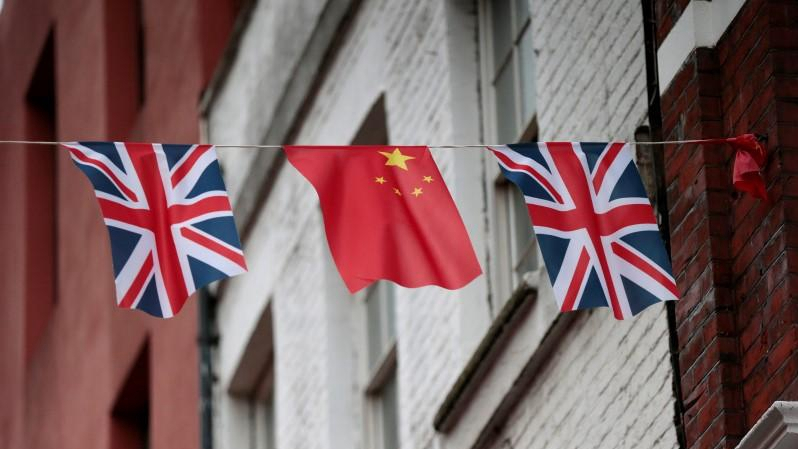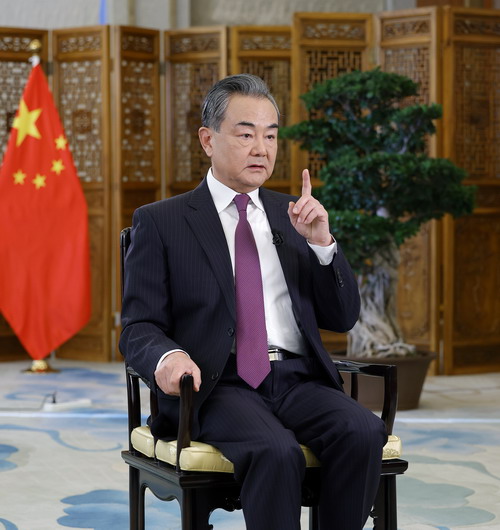Richard Sanders
In a significant diplomatic meeting on Wednesday, Guatemalan President Bernardo Arevalo and U.S. Secretary of State Marco Rubio underscored their commitment to democracy and international alliances, particularly with Taiwan. The two leaders convened in Guatemala City, where they formalized an agreement for Guatemala to accept migrants deported from the United States.
Under the new agreement, the U.S. will bear the costs of returning deportees to their home countries. This marks the second such arrangement Rubio has established during his current Central American tour, which is primarily focused on immigration issues. Arevalo emphasized that Guatemala, a key player in the migration crisis, would accept both Guatemalan nationals and foreign migrants.
The meeting highlighted a stark contrast with Colombia, where the government has demanded more humane treatment for deportees. Arevalo, facing pressure from local elites with ties to U.S. conservatives, pledged to enhance the repatriation process by increasing flights for deported individuals.
Rubio expressed appreciation for Guatemala’s steadfast support of Taiwan amidst global pressures to sever ties. He stated, “We thank you very much for your support and the relationship that you already have with Taiwan, another democracy.” He also assured that the U.S. would do everything possible to promote Taiwanese investment in Guatemala.
During a dinner discussion on Tuesday, both leaders reaffirmed their dedication to democratic values, with Rubio commending Arevalo for his commitment to institutional integrity.
In a related development, Taiwan’s President William Lai expressed gratitude on social media for the support shown by Arevalo and Rubio, emphasizing the importance of strengthening trade and investment ties.
As the U.S. continues to navigate complex relationships in Central America, this meeting reinforces a collaborative approach towards shared democratic principles and economic partnerships.



